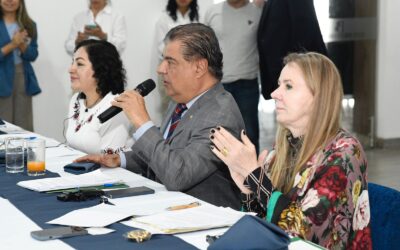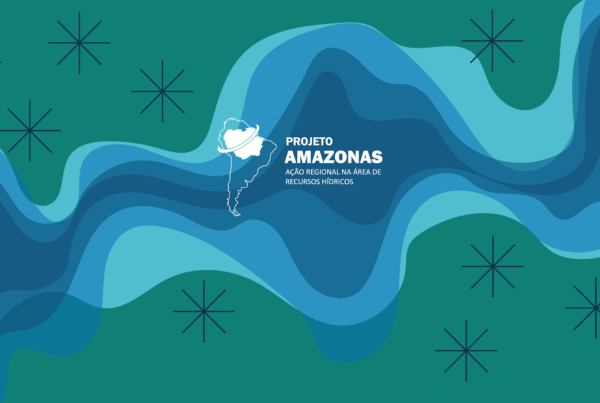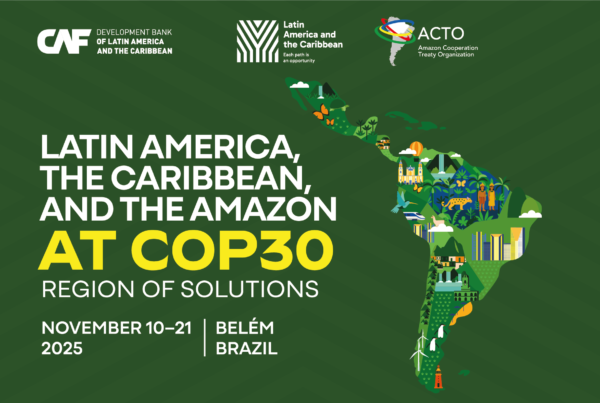On World Environment Day, June 5, 2024, after almost four years since its reactivation, the Amazon Parliament (Parlamaz), which had been inactive for ten years, demonstrates its strength in environmental preservation.
Under the presidency of Brazilian Senator Nelsinho Trad, Parlamaz held its 8th Extraordinary Meeting in Tarapoto, Peru. “The choice of Peru as the host for the assembly held special significance, as it was in the Peruvian Congress where Parlamaz was born in 1989,” explained the president of Parlamaz.
Wednesday’s meeting (5) saw participation from delegations of member countries and representatives of organizations focused on the preservation and development of the Amazon. “Cooperation between our countries, through their various actors, is essential to promote sustainable development, preserve biodiversity, and improve the quality of life of those who inhabit the Amazon,” highlighted Senator Nelsinho Trad.
During the event, issues such as the institutionalization of the assembly within the framework of the Amazon Cooperation Treaty Organization (ACTO) were discussed. Senator Nelsinho Trad emphasized, “Our Parlamaz can be a facilitator for decisions within internal legal systems, a forum for discussing key issues in the Amazon, and a space for synergies to develop and implement public policies that benefit the Amazon in our countries.”
ACTO’s Executive Director Vanessa Grazziotin reinforced the organization’s support for Parlamaz’s activities and highlighted existing cooperation networks, such as the Water Authorities Network, the Forest Authorities Network, and the Integrated Fire Management Network. “We are happy to see the strength that parliamentarians are providing to ensure Parlamaz’s institutionalization becomes a reality, a unanimous decision by the governments of the eight Amazon countries during the Belém summit,” Grazziotin affirmed.
The motion of support approved by parliamentarians was one of the meeting’s highlights. Vice President Socorro Neri emphasized the importance of this approval in ensuring the implementation of ACTO’s support networks, reconciling development with preservation. “We need to ensure that the development of the quality of life of those who live in our region is reconciled with the preservation of our biosociodiversity, which is fundamental to global climate balance,” Neri declared.
Professor Carlos Eduardo Young, from the Institute of Economics at the Federal University of Rio de Janeiro, brought to the discussion the impacts of Amazon deforestation on other biomes, such as the Pantanal. “If it doesn’t rain in the Amazon and the water doesn’t reach the Pantanal, the Pantanal will dry up. And if the Pantanal dries up, it triggers a succession of fires and the savannization of one of the most beautiful areas on the planet,” warned Young, emphasizing the interconnectedness of ecosystems and the need for integrated preservation actions.
The meeting also discussed the participation in the upcoming Conference of the Parties on Biodiversity, COP 16, which will be held in October in Cali, Colombia, and COP 29 on Climate, in November, in Baku, Azerbaijan. These conferences are seen as opportunities to advance the Amazon bioeconomy and sustainability agenda.
“I am confident that if we continue to invest in an innovative parliament that meets regularly to discuss relevant issues and share experiences, we will achieve our institutionalization,” concluded Senator Nelsinho Trad.
Credit and photo: Senator Nelsinho Trad’s Communications Advisory.



